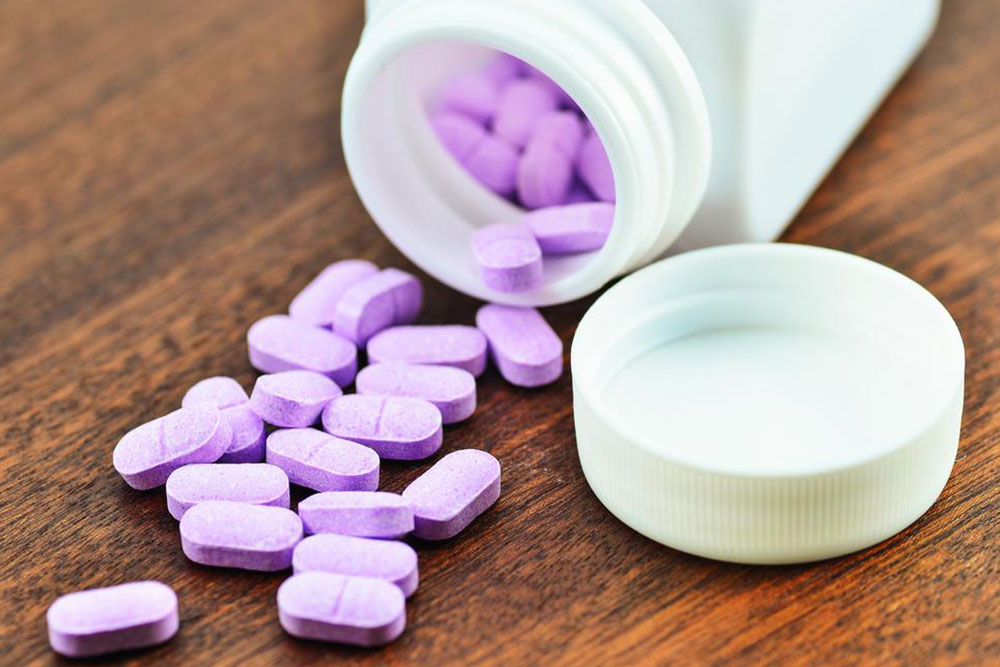Anti-viral herpes drugs like acyclovir and topical therapies may expedite the healing of herpes symptoms and can be used to control herpes outbreaks.
The most successful option is undoubtedly acyclovir, which has been used to treat herpes since the early 1980s and has earned a well-deserved reputation as one of the best in the world. It is sold over the counter, and your doctor may prescribe it as a pill or skin ointment.
Additionally, many vitamin supplements like vitamins B and E are promoted as herpes treatment choices. Some of these medications have been proven effective against herpes, particularly by boosting the immune system. The fact that vitamin E is widely available at pharmacies and grocery stores is its best quality. It’s also available as capsules.
HSV-1 occurs due to oral herpes, and it often causes cold sores. A prevalent virus typically infects children through contact with infected parents or other family members.
No need to be shocked if you discover that you have HSV-1 because most people carry the virus. Many people are asymptomatic, meaning they have the virus but don’t exhibit any overt symptoms, suggesting they could infect others.
Usually, HSV-1 produces cold sores—herpes simplex virus type 1—in the oral area. The virus is latent between outbreaks in the sensory ganglion neurons, a collection of nerve cells close to the ear.
HSV-2 affects the genitals, leading to sores on and around the anus and genitalia. Although it can also pass from mother to child during childbirth, this virus is mainly carried through sexual intercourse.
HSV-2 rarely spreads to the mouth and lips, unlike HSV-1. This particular strain of the herpes virus almost always results in vaginal sores. Like HSV-1, many HSV-2-infected patients exhibit no symptoms and are unaware of their infection.
